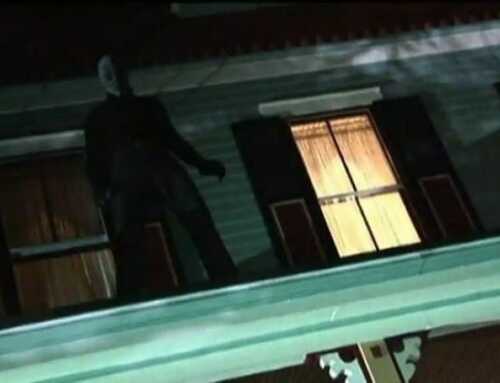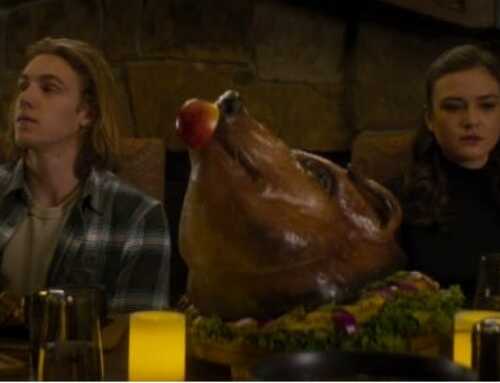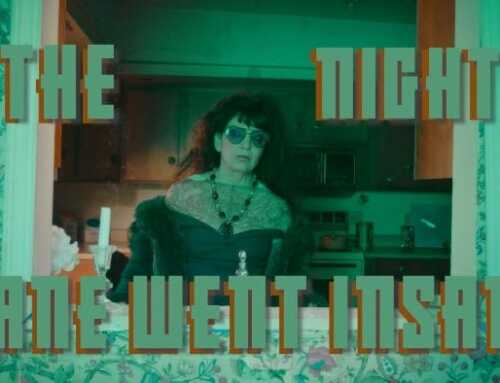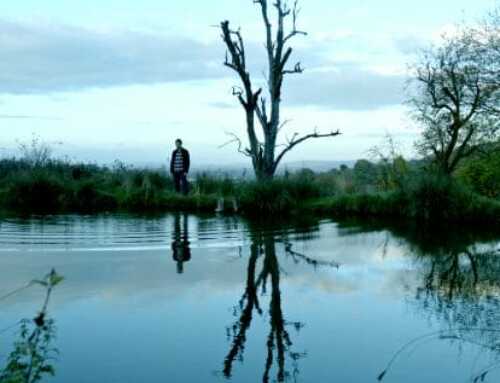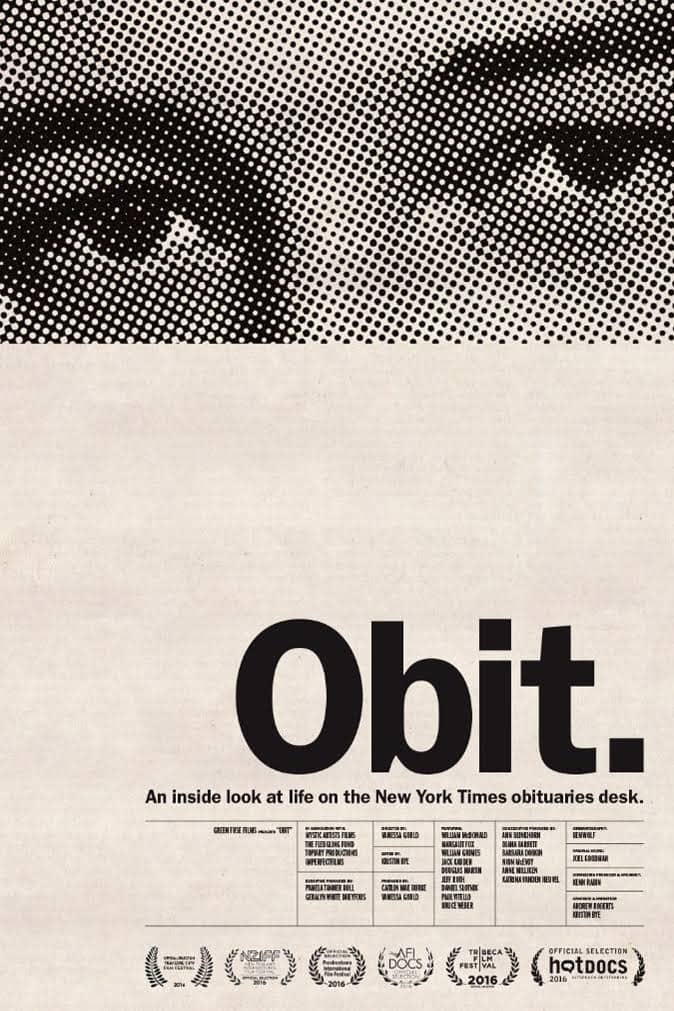 Obit., directed by Vanessa Gould, is a documentary that tells the story of a team of writers doing what might be the least glamorous job at the most storied newspaper in the country: the New York Times obituary writers. Obit. is a strange bird as docs go, at once sprawling in the scope and variety of stories that it’s trying to convey and very contained, almost claustrophobic in its presentation, taking place almost entirely inside the NY Times Office and making little effort to flesh out the world outside its walls, perhaps a fitting metaphor given the work its writers do. The work of an obituary writer, or obituarist, is to document life, not to report death, this is a point the film makes early and a theme it carries throughout, death is simply the occasion that calls to action what is essentially a team of improvisational biographers, highly-skilled professionals tasked with coming from a place of often complete ignorance of their recently-departed subject to documenting the whole of their life, or at least as much is fit to print.
Obit., directed by Vanessa Gould, is a documentary that tells the story of a team of writers doing what might be the least glamorous job at the most storied newspaper in the country: the New York Times obituary writers. Obit. is a strange bird as docs go, at once sprawling in the scope and variety of stories that it’s trying to convey and very contained, almost claustrophobic in its presentation, taking place almost entirely inside the NY Times Office and making little effort to flesh out the world outside its walls, perhaps a fitting metaphor given the work its writers do. The work of an obituary writer, or obituarist, is to document life, not to report death, this is a point the film makes early and a theme it carries throughout, death is simply the occasion that calls to action what is essentially a team of improvisational biographers, highly-skilled professionals tasked with coming from a place of often complete ignorance of their recently-departed subject to documenting the whole of their life, or at least as much is fit to print.
That struggle, the feeble attempt at adequately memorializing the multitudes of noteworthy lives that end on a daily basis in a scant few pages in a newspaper section that many simply gloss over, more preoccupied with the drama of living than reflecting upon the dead, is shown as a source of both frustration and innovation for these writers who carry on this tradition that has existed as long as there have been newspapers. Given the traditional solemnity of their work, Obit. paints a historical picture of obituarists as taboo misfits, the journalistic equivalent of an undertaker and the obituary team being the place where writers go when the next stop is their own obituary. Things seem to have evolved somewhat since then, the team here comes off as beleaguered and occasionally nihilistic (I chalk that up to them just being writers) but seemed to be generally well-fed and their writing floor even had windows. The culture itself is evolving as well, while they do seem by their own admission to still fill that outcast role on some level, the film does a great job showing how the place of and the expectations about what an obituary should be have developed from the flowery elegiacal prose of the 19th century to the work of today which possesses all the life and individuality of a traditional biography despite the bevy of technical and style restraints they face.
And do we ever hear about those technical challenges. Make no mistake, this is not a quirky character study about writers, it’s about writing. Sure, there are personalities at play here, and the stories about how they approach their stories is fascinating, but Obit. is, in a oddly refreshing change of pace, a documentary more concerned about mechanics and a process than it is the actors that carry it out. It should perhaps come as no surprise, then, that it’s receiving some pretty strong reviews – it’s a writing movies about writers written for writers and writers tend to be the people that review movies. There is a preoccupation with minutiae here, everything from the structure of the lede to the ever-important placement and word count limitations of the obituary are explored in great detail and will easy put many people to sleep I imagine. For the audience this was written for, however, that minutiae and the challenges and the surprising ethical and moral implications that spring from that is the drama that makes Obit. compelling.
Right now, this review is 600 words long. If this was your obituary, you’d already be dead. If it’s any consolation, you probably aren’t noteworthy enough to get an obituary in the Times anyway, but if you did, unless your life was exceptional significant in the eyes of the American public, you’d be lucky to get an obituary over 600 words. If you’re one of the exceptional ones, the sky’s the limit, with Pope John Paul II’s death reportedly coming in at around 15,000 words. That’s 15,000 words to commemorate a man who lead a small country and the largest religious denomination on Earth for the better part of 30 years, 1/5th the length of the original Harry Potter book, and that book was written for small children. In one of the later scenes a writer, running up against a deadline and agonizing over telling the story of a man who may have been the first TV political strategist, who ensured Kennedy was put together for those debates that were so crucial to his victory over Nixon, in 500 words or less looks over to the camera with exhaustion in his eyes and tells a vaguely recollected writer’s joke “A writer’s boss comes up to him and says, ‘We need the story short, write it short!’ the writer replies, ‘I don’t have enough time to write it short!’” That one line perfectly encapsulating the burden of the tacit judgment they do their best to deny but seems inherent to this work. Some people’s lives deserve 1,000 words, some only 500, the burden then falling upon the writer to pull out a miracle and still manage to capture a person’s essence given such a frustratingly small space, with other factors like placement and number of photos being a source of considerable debate both internally within the obituary team, as well as with the larger editorial team. This is without getting into the considerable strife arising from dealing with grief-stricken family members and their concern that the dead be treated with reverence and the account of their life be reported with complete accuracy, demands that can be at times mutually exclusive, and may conflict with the realities of journalistic integrity and their limitations given such oppressive deadlines, especially if a major death occurs late in the day and the team must contend with looming deadlines.
If all this talk of word counts and deadlines excites you, then you should probably stop reading this and get back to that novel you’ve been working on, but then take a break and watch Obit., because you’ll probably find a lot to relate to. If writing isn’t something you find compelling to begin with, however, this film likely won’t convince you otherwise, and may even prove less watchable than other understated creative process docs like Helvetica, because it lacks characters and in some ways, lacks focus. The personalities here are interesting, and I was intrigued by their process, how they’re slowly subverting the norms of the obituary to transform the medium from the demure public service of yesteryear to something that modern readers might actually be compelled to read by taking risks and finding a different voice for telling each individual’s story, but we learn next to nothing about the writers themselves and I struggle to recall any of their names. The editing and flow of the film sometimes feels like the filmmaker is struggling with the same realities of her subject, the obituarists trying to tell the stories of everyone’s lives within the confines of a few newspaper pages, and her trying to tell the story of the people telling the story of everyone’s lives and in doing so capturing their frustrations, with scattershot biographies covered by the obituarists that wrote them interspersed throughout the film that tell stories that would be interesting if given room to breathe but end up feeling underdeveloped and end up meander away narratively from what is otherwise a laser-focused, if perhaps overly technical exploration of the challenges, doubts, and occasional fleeting triumphs of working as a writer. It seems perhaps some of this screen time devoted to telling this otherwise unrelated stories would perhaps have been better served expanding on these peoples’ lives or exploring the history or place of the obituarist in the larger scope of the editorial team, but perhaps these segments were considered necessary to give greater context into the work the team does. American Movie for writers this isn’t, but as a sort of master class in the dying art of documenting the dead, it’s pretty damn fascinating.
| Obit. | ||
| RATING: | UR | OBIT Festival Trailer 2016 |
| Runtime: | 1hr. 33Mins. | |
| Directed By: | Vanessa Gould | |
| Written By: | Vanessa Gould | |


